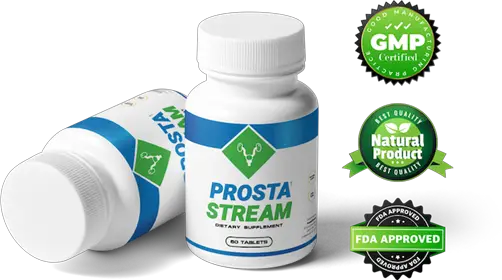New research led by scientists at the University of Leeds in the UK suggests that a diet rich in legumes and fish can delay menopause, while foods rich in carbohydrates can speed it up. Legumes, such as beans, peas and lentils, can delay the onset of menopause, a new study suggests.
The age at which a person experiences menopause can affect their health in a number of ways. In fact, in addition to the inability to get pregnant, premature menopause (or menopause before age 40) or early menopause (which occurs between the ages of 40 and 45) can lead to numerous complications.
A loss of bone density, an increased risk of heart disease, and a loss of libido are just some of the consequences of premature or early menopause.
According to studies, this diet can delay menopause
Experiencing menopause at a later age, on the other hand, could have some health benefits. For example, a recent study suggested that a later onset of menopause might keep cognitive decline in older women at bay.
Given these health effects, it is important to know what factors influence the onset of menopause.
Study of diet and the onset of menopause
Dunneram and her colleagues examined the data available in the UK Women's Cohort Study, a survey of more than 35,000 British women aged 35 to 69.
In addition to information on the age at which these women had their menopause, the study included information on potential confounders, such as weight and reproductive history, physical activity levels, and use of hormone replacement therapy.
Using data gleaned from the food frequency questionnaires, the researchers were able to estimate the daily intake of 217 foods that the participants consumed.
Of all the women, 914 naturally experienced menopause between the ages of 40 and 65.
How Carbohydrates, Fish, Legumes Affect Menopause
On average, the age women went through menopause was 51 years, and the study found that certain foods were related to when menopause occurred.
Specifically, each serving of carbohydrates, such as pasta and rice, consumed per day correlates with experiencing menopause 1.5 years earlier.
In contrast, for each daily serving of fresh fish and legumes, such as peas and beans, the delay in menopause was more than 3 years. Additionally, a higher daily intake of vitamin B-6 and zinc was also associated with later menopause.
Eating meat linked to delayed menopause
When comparing vegetarians with meat eaters, the researchers found that eating meat was linked to a 1-year delay in the onset of menopause.
Among women who had not had children, a higher intake of grapes and poultry was linked to later menopause.
As Dunneram and his colleagues conclude:
“Our findings confirm that diet may be associated with age at natural menopause. This may be relevant at the public health level since the age at natural menopause may have implications for future health outcomes”.
Free radicals may play a role in menopause
This was an observational study, so it cannot explain causality. However, the scientists speculate on some potential mechanisms behind the associations they found.
Their explanation involves reactive oxygen species, which are free radicals, or oxygen-containing molecules that are believed to damage our DNA.
Legumes counteract the onset of menopause at an early age
Egg maturation and release, the team says, are adversely affected by reactive oxygen species. But legumes contain antioxidants, which may counteract these negative effects and delay the onset of menopause.
In addition, omega-3 fatty acids, found in fatty fish, are believed to activate antioxidant activity in the human body.
In contrast, refined carbohydrates are believed to be a risk factor for insulin resistance, which, in turn, can increase estrogen production, leading to an early onset of menopause.
Once men find themselves facing any kind of prostate health issue, whether it is prostate cancer, enlarged prostate due to benign prostate hyperplasia (BPH), or prostatitis, they immediately want to know what they can do. While the best plan is to prevent prostate problems through a healthy lifestyle, the good news is that there are actually many natural ways that a man can promote better prostate health even if he already has symptoms or a diagnosis of a problem. ProstaStream






